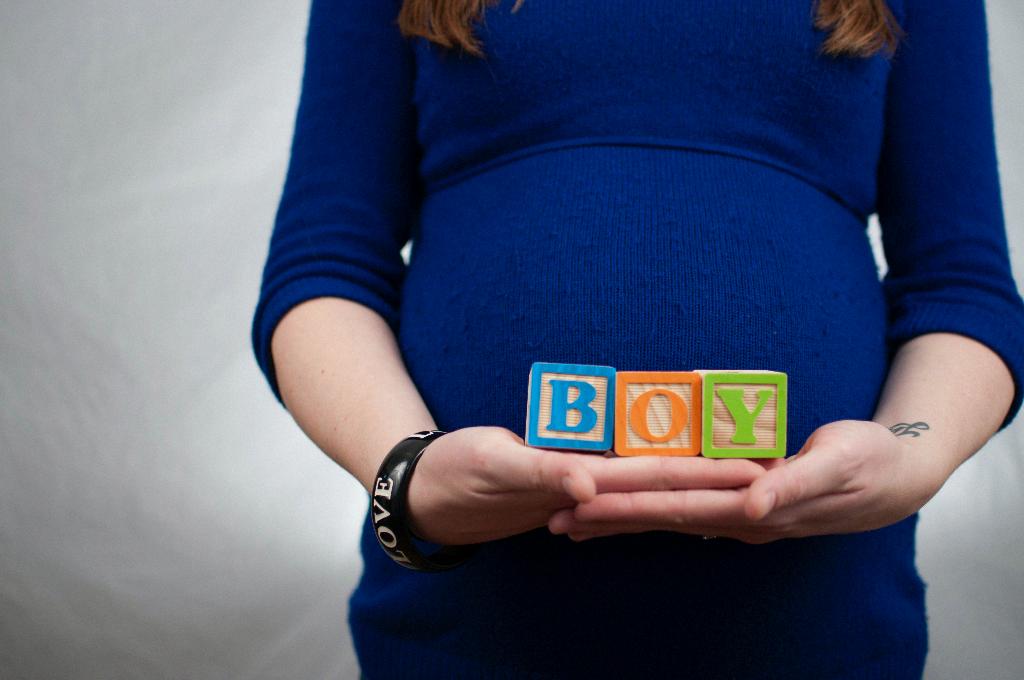Discovering that your partner is not providing the support you expected during your pregnancy can be a distressing and challenging situation. It is crucial to take a step back and evaluate the dynamics of your relationship to understand the reasons behind their behavior.
Recognizing Signs of Unsupportive Behavior
It is essential to differentiate between the lack of support and abusive behavior in your partner. Signs of unsupportive behavior may include dismissive attitude towards your needs, lack of emotional engagement, or indifference towards your physical and emotional well-being.
Assessing the Impact on Your Well-being
Your partner’s lack of support can have significant implications for your mental and physical health during pregnancy. It may lead to feelings of isolation, anxiety, and stress, which can affect the overall experience of pregnancy and potentially impact your child’s well-being.
Seeking Open Communication
Initiating an open and honest conversation with your partner about their behavior is essential. Express your feelings and concerns in a calm and non-confrontational manner, allowing them the opportunity to clarify their actions and understand the impact of their behavior on you.
Setting Boundaries and Expectations
Establishing clear boundaries and expectations regarding the support you require during pregnancy is crucial. Communicate your needs effectively and discuss the ways in which your partner can be more involved and supportive throughout this significant period in your life.
Exploring External Support Systems
Engaging with external support systems, such as friends, family members, or pregnancy support groups, can provide you with the necessary resources and emotional support during this challenging time. Building a strong support network can help alleviate feelings of isolation and loneliness.
Prioritizing Your Well-being
It is important to prioritize your well-being and take proactive steps to care for yourself during pregnancy. Focus on self-care activities that promote relaxation, reduce stress, and enhance your overall emotional and physical health.
Seeking Professional Guidance
If you are feeling overwhelmed or distressed by your partner’s lack of support, consider seeking professional guidance from a therapist or counselor who specializes in relationship issues. Professional intervention can help facilitate constructive communication and address underlying concerns.
Understanding the Root Causes
Examining the root causes of your partner’s unsupportive behavior is essential in addressing the underlying issues within your relationship. It may be helpful to explore past experiences, communication patterns, and personal challenges that may be contributing to their lack of support.
Exploring Options for Change
Collaborate with your partner to explore potential solutions and strategies for improving their level of support during your pregnancy. Encourage open dialogue, active listening, and a willingness to work together towards building a more supportive and nurturing relationship.
Reevaluating the Relationship
If despite your efforts, your partner continues to exhibit unsupportive behavior that negatively impacts your well-being, it may be necessary to reassess the dynamics of your relationship. Prioritize your mental and emotional health and consider whether the relationship aligns with your long-term needs and values.
Empowering Yourself
Ultimately, remember that you have the agency and power to advocate for your well-being and make choices that prioritize your emotional and physical health. Surround yourself with a supportive network of individuals who uplift and empower you during this transformative journey of pregnancy.

